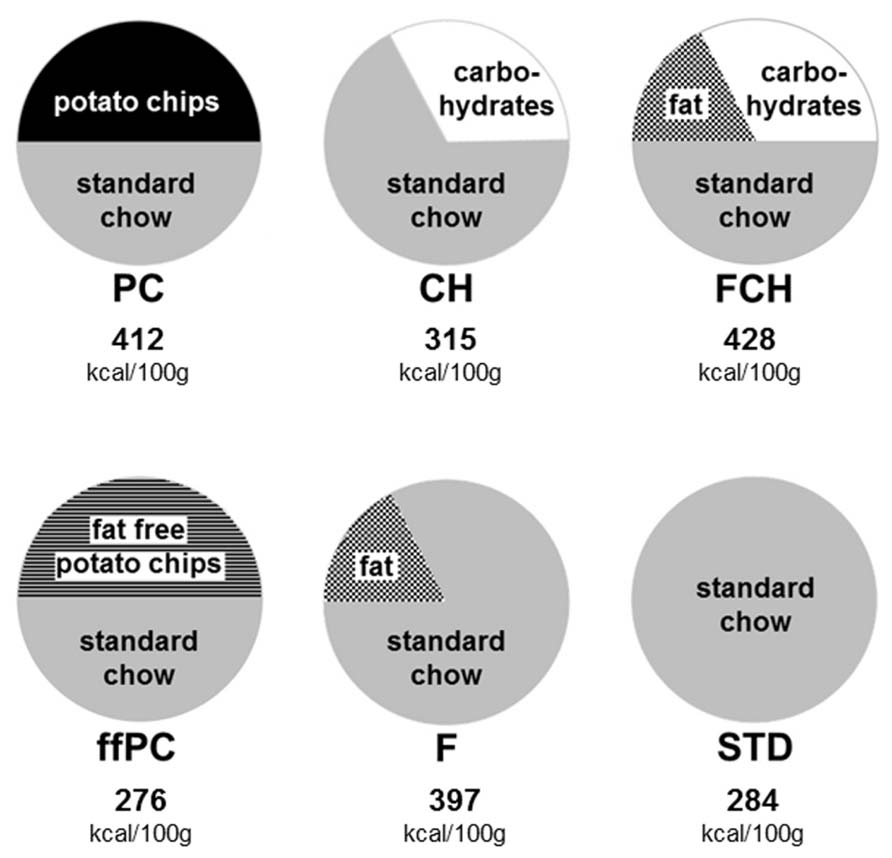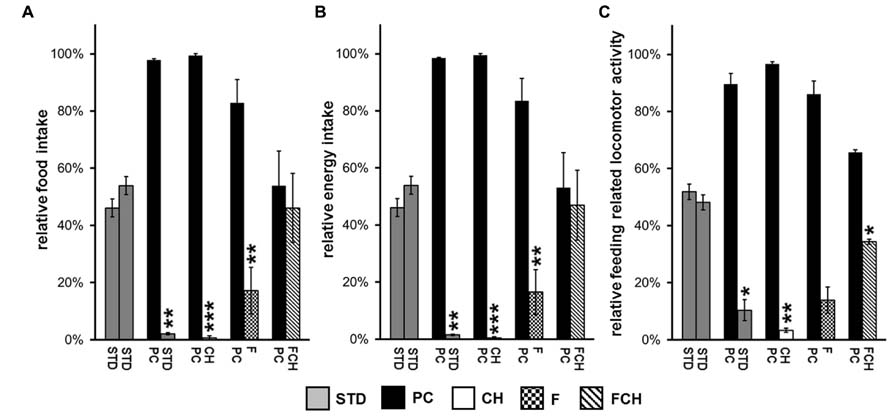 You go out to get some food with your friends. Your best friend orders a basket of fries. They come out and they’re hot and greasy and basically perfect. She says you can have one and you do, but you can’t stop at just that one fry. You feel a need to keep eating more fries. Same thing happens with chips, pretzels, pizza, tater tots, M&Ms, basically any food that you like; one is just never enough.
You go out to get some food with your friends. Your best friend orders a basket of fries. They come out and they’re hot and greasy and basically perfect. She says you can have one and you do, but you can’t stop at just that one fry. You feel a need to keep eating more fries. Same thing happens with chips, pretzels, pizza, tater tots, M&Ms, basically any food that you like; one is just never enough.
Why?
Well neuroscientist Krzysztof Czaja, a professor at University of Georgia College of Veterinary Medicine, did a study that showed it was because of the vagus nerve and bacteria in the gut.
He conducted the experiment on 50 rats. He then divided the rats into 2 groups. The first group received a balanced diet while the other received a diet with higher fat content. The mice were given an unlimited amount of food; meaning food was always readily available to them when they chose to eat. He then followed the mice for 2 months so see the results. Source.
At the end of the experiment, he found that mice with the higher fat diet were 25% heavier than their counterparts. Czaja also noticed that the microbiome in the gut changed; this allowed some bacterias to grow while others diminished. This microbiome shift lead to damage to the vagus nerve, which is the mechanism that tells our bodies when to stop eating. Source.
Basically, fatty foods confuse your body as to when you’re full.
But wait, there’s more!
On the other hand, Tobias Hoch of Friedrich Alexander University of Erlangen-Nürnberg believes this c onundrum is a correlation with hedonic hyperphagia (eating for pleasure).
onundrum is a correlation with hedonic hyperphagia (eating for pleasure).
He performed the study on 18 rats that were provided with standard pellets (food) and water at all times. He then had the rats receive 2 food options 3 times a day everyday. The food options are seen in the pie graphs. The results for food intake, energy and activity are shown in the bar graph. Source.
The results were, in plain english, when given a choice the rats chose the least health food option (potato chips), ate more of it and had more energy. Source
So do I eat more French Fries because of my vagus nerve or because of hedonic hyperphagia?
Honestly, we don’t know yet.
It is possible it is a combination of the 2; however there is not enough rejection of these hypotheses to give a singular answer. It’s possible that one of the studies could have gotten a false positive.
It seems that Czaja’s study seems more accurate, since he used a larger testing pool. Also he set the time period of the study for longer. His has a clear mechanism, while Hoch’s is more psychologically based and could be biased on preferences.
Until we know more, I guess you’ll just have to enjoy some more french fries
